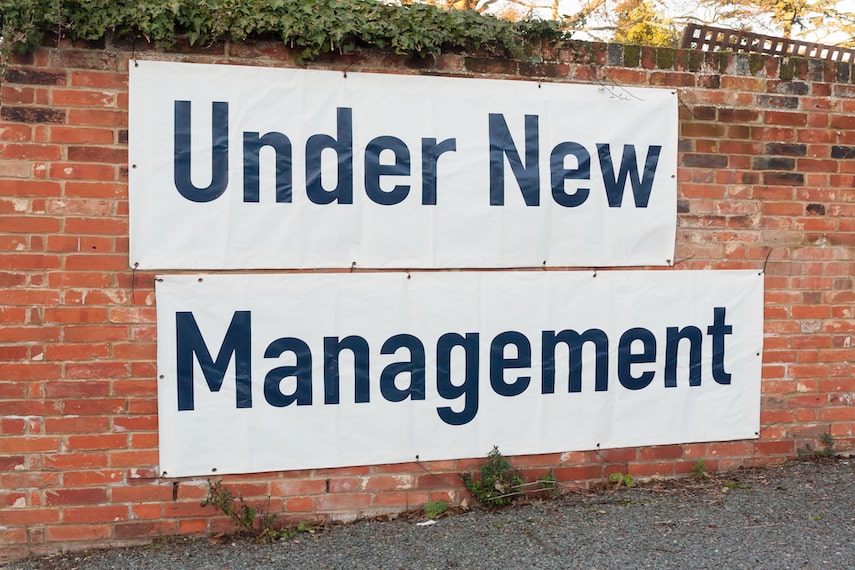[Ed. note: No blogs will be published Monday in recognition of the Labor Day holiday in the US. We will return Tuesday September 5.]
By now, you know about the military coup in Gabon. While it may not be the first thing on everyone’s mind, that coup may well have impact a couple ESG matters. First, as Matt Levine writes in Bloomberg,
“The coup in Gabon sent investors scrambling to assess its impact on a new ESG debt contract that’s attracted investment-grade creditors to the junk issuer’s bond market. The deal in question is a $500 million debt-for-nature swap, completed by Bank of America Corp. just two weeks ago. Under the terms of the deal, Gabon refinanced a portion of its bonds at more favorable terms in exchange for a marine conservation pledge… The soldiers who seized power said in a state television broadcast on Wednesday that all international agreements would be respected, without providing details.”
Then there is this: you may recall that last year, the government of Gabon announced “the largest carbon credits issuance ever. 187 million carbon credits will be issued and 50% of which will be sold on the offsets market” according to CarbonCredits.com. The credits were the first issued under the United Nations Framework Convention on Climate Change (UNFCCC) program called REDD which claims to create carbon offsets by preventing deforestation or by planting and growing more trees. I wrote about a new study that raised serious questions about the quality and viability of REDD claims earlier this week. The coup adds another layer of uncertainty about whether those carbon credits will still be valid and usable under the country’s “new management.”
These are just a couple examples of why political instability should be an explicit element in ESG risk assessment processes.
If you aren’t already, subscribe to our complimentary ESG blog here: https://practicalesg.com/subscribe/ for daily updates delivered right to you.









